- English
- French
- German
- Portuguese
- Spanish
- Russian
- Japanese
- Korean
- Arabic
- Greek
- German
- Turkish
- Italian
- Danish
- Romanian
- Indonesian
- Czech
- Afrikaans
- Swedish
- Polish
- Basque
- Catalan
- Esperanto
- Hindi
- Lao
- Albanian
- Amharic
- Armenian
- Azerbaijani
- Belarusian
- Bengali
- Bosnian
- Bulgarian
- Cebuano
- Chichewa
- Corsican
- Croatian
- Dutch
- Estonian
- Filipino
- Finnish
- Frisian
- Galician
- Georgian
- Gujarati
- Haitian
- Hausa
- Hawaiian
- Hebrew
- Hmong
- Hungarian
- Icelandic
- Igbo
- Javanese
- Kannada
- Kazakh
- Khmer
- Kurdish
- Kyrgyz
- Latin
- Latvian
- Lithuanian
- Luxembou..
- Macedonian
- Malagasy
- Malay
- Malayalam
- Maltese
- Maori
- Marathi
- Mongolian
- Burmese
- Nepali
- Norwegian
- Pashto
- Persian
- Punjabi
- Serbian
- Sesotho
- Sinhala
- Slovak
- Slovenian
- Somali
- Samoan
- Scots Gaelic
- Shona
- Sindhi
- Sundanese
- Swahili
- Tajik
- Tamil
- Telugu
- Thai
- Ukrainian
- Urdu
- Uzbek
- Vietnamese
- Welsh
- Xhosa
- Yiddish
- Yoruba
- Zulu
What is titanium used for in industry?
Titanium, the wonder metal of the modern era, has revolutionized numerous industries with its exceptional properties. From aerospace to medical applications, titanium's versatility has made it an indispensable material in various sectors. In this article, we'll explore the wide-ranging uses of titanium in industry, with a special focus on industrial titanium plate and its applications.
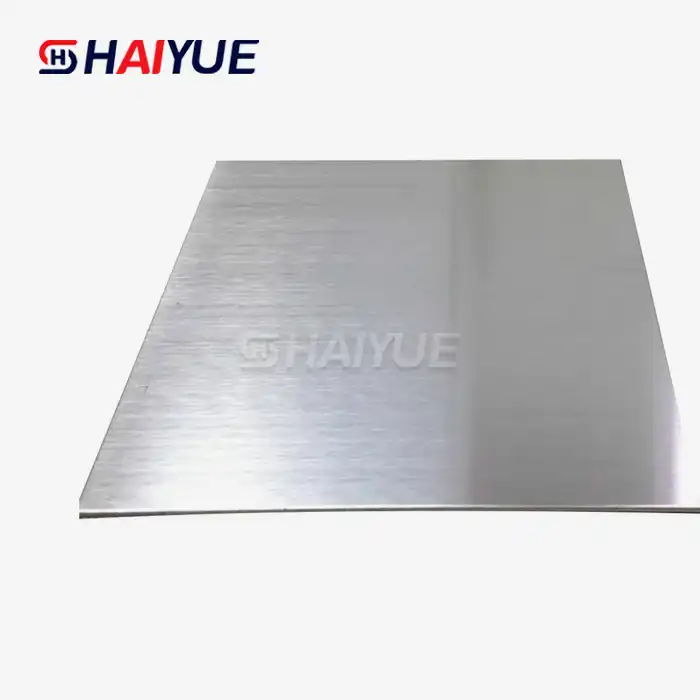
The Remarkable Properties of Titanium
Before delving into the specific uses of titanium, it's important to recognize the unique properties that set this metal apart. Titanium is highly sought after for its remarkable characteristics, making it an excellent choice for various industrial applications:
- Exceptional Strength-to-Weight Ratio: Titanium is both lightweight and incredibly strong, offering superior performance without adding excess weight.
- Corrosion Resistance: It is highly resistant to corrosion, making it suitable for harsh environments and prolonged exposure to moisture and chemicals.
- High Heat Tolerance: Titanium can withstand extreme temperatures, maintaining its integrity in high-heat conditions.
- Biocompatibility: This metal is non-toxic and compatible with the human body, making it ideal for medical and dental implants.
- Low Thermal Expansion: Titanium has minimal expansion when heated, ensuring stability in temperature-sensitive applications.
These qualities make titanium a go-to material for industries where other metals may not suffice. Now, let’s examine how different sectors utilize titanium's unique advantages.
Titanium in Aerospace and Aviation
The aerospace industry was one of the first to recognize and harness the potential of titanium. The metal's high strength-to-weight ratio makes it perfect for aircraft components, where every ounce matters. Industrial titanium plate is commonly used in the construction of aircraft frames, engine parts, and landing gear.
Structural Components
Titanium alloys are widely used in the structural components of both commercial and military aircraft. From wing spars to fuselage sections, titanium offers exceptional strength while keeping weight to a minimum. This combination enhances fuel efficiency and boosts overall performance, making it an ideal material for aerospace applications where every ounce matters. Its strength and lightweight properties ensure aircraft are both durable and efficient in flight.
Engine Parts
Titanium's exceptional heat resistance makes it a top choice for engine components. Parts like turbine blades, compressor blades, and other components exposed to extreme temperatures rely on titanium's ability to retain strength and integrity even in high-heat environments. This ensures durability and performance in demanding conditions, making titanium a vital material for engines in industries such as aerospace and automotive, where reliability under intense heat is crucial.
Titanium in Marine Applications
The corrosion-resistant nature of titanium makes it a perfect fit for marine environments. Industrial titanium plate finds extensive use in shipbuilding, offshore oil rigs, and underwater exploration equipment.
Shipbuilding and Offshore Structures
Titanium's resistance to saltwater corrosion makes it an excellent choice for ship hulls, propeller shafts, and other components that are constantly exposed to seawater. The use of titanium in these applications significantly extends the lifespan of marine vessels and structures, reducing maintenance costs and improving overall performance.
Desalination Plants
Industrial titanium plate is commonly used in desalination plants due to its exceptional resistance to corrosion from saltwater and chemicals involved in the desalination process. This makes titanium an ideal material for heat exchangers, pumps, and piping systems in these facilities. Its durability ensures long-lasting performance even in harsh environments, making it a reliable choice for critical components in desalination operations, where corrosion resistance and longevity are essential for efficiency and cost-effectiveness.
Titanium in the Chemical and Petrochemical Industries
The chemical and petrochemical sectors rely heavily on titanium for its excellent corrosion resistance and ability to withstand harsh environments. Industrial titanium plate is used extensively in the construction of reactors, storage tanks, and processing equipment.
Reactors and Pressure Vessels
Titanium's resistance to a wide range of chemicals makes it an ideal material for reactors and pressure vessels in chemical processing plants. These components must endure highly corrosive substances and high pressures, and titanium’s durability under such harsh conditions ensures long-lasting performance. Its ability to resist corrosion and maintain structural integrity in demanding environments makes it the material of choice for critical applications in the chemical industry.
Heat Exchangers
Titanium's outstanding heat transfer properties, along with its corrosion resistance, make it an ideal choice for heat exchangers in chemical plants. Industrial titanium plates are frequently used to build plate heat exchangers, which are vital in numerous chemical processes. The combination of efficient heat transfer and durability against corrosive substances ensures that titanium-based heat exchangers perform reliably and maintain their integrity over time, making them essential in the chemical industry.
Conclusion
As we've seen, titanium, particularly in the form of industrial titanium plate, plays a crucial role across various industries. Its unique combination of properties makes it an invaluable material in applications ranging from aerospace to chemical processing. As technology advances and new applications are discovered, the importance of titanium in industry is only set to grow.
Whether it's soaring through the skies in state-of-the-art aircraft, exploring the depths of the ocean, or facilitating complex chemical reactions, titanium continues to push the boundaries of what's possible in industrial applications. The versatility and reliability of industrial titanium plate ensure that it will remain a cornerstone of innovation and progress across multiple sectors for years to come.
As we look to the future, it's clear that titanium will continue to play a pivotal role in shaping the industries of tomorrow. From emerging technologies in renewable energy to advancements in space exploration, the unique properties of titanium will undoubtedly be at the forefront of these exciting developments. The story of titanium in industry is far from over – in fact, it's just beginning. Contact our team of experts today at Jolina@bjhyti.com to learn more about our product.
References
1. Lutjering, G., & Williams, J. C. (2007). Titanium (2nd ed.). Springer-Verlag Berlin Heidelberg.
2. Froes, F. H. (2015). Titanium: Physical Metallurgy, Processing, and Applications. ASM International.
3. Leyens, C., & Peters, M. (Eds.). (2003). Titanium and Titanium Alloys: Fundamentals and Applications. Wiley-VCH.
4. Donachie, M. J. (2000). Titanium: A Technical Guide (2nd ed.). ASM International.
5. Boyer, R. R., Welsch, G., & Collings, E. W. (Eds.). (1994). Materials Properties Handbook: Titanium Alloys. ASM International.
Main Products
Applied Industries
Be used in a wide range of industries.
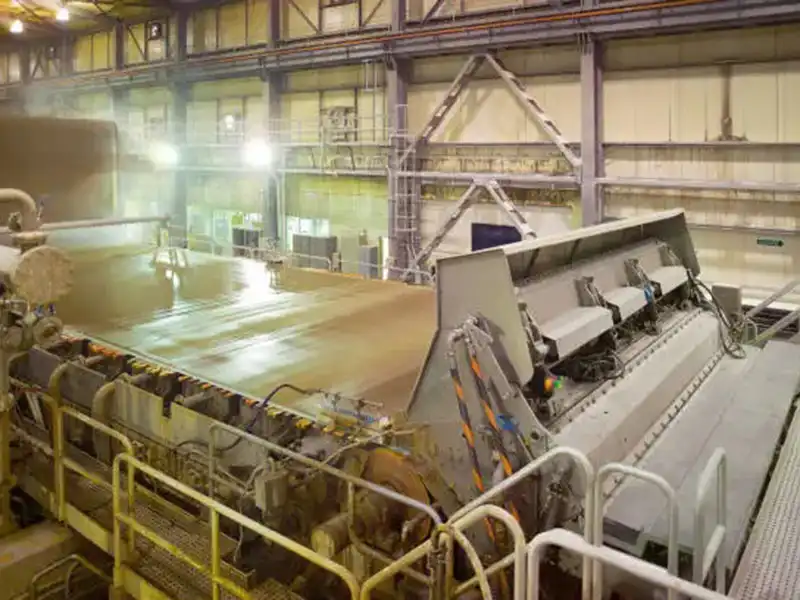
Electrolytic copper foil manufacturing industry

Hydrometallurgy industry

Sewage treatment industry
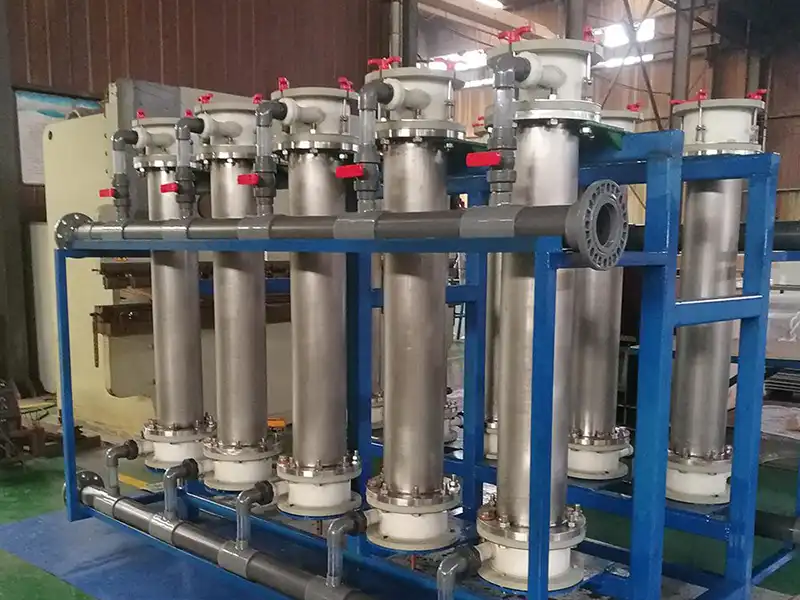
Cyclone electrolysis industry
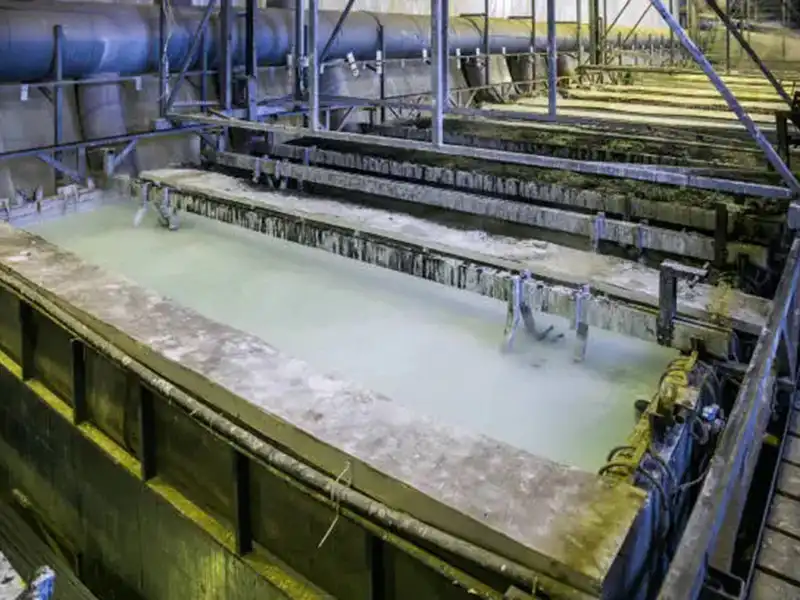
Etching liquid electrolysis recovery industry
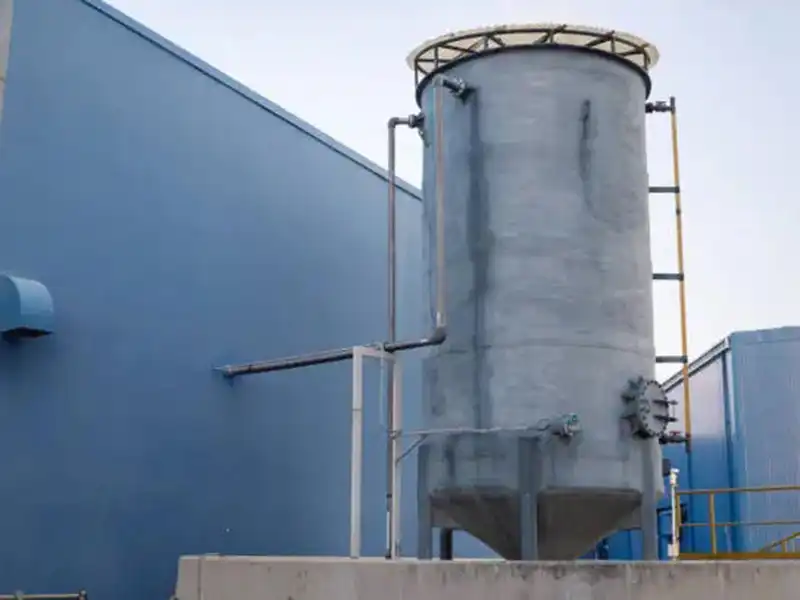
Electrolytic sodium hypochlorite industry
Learn about our latest products and discounts through SMS or email
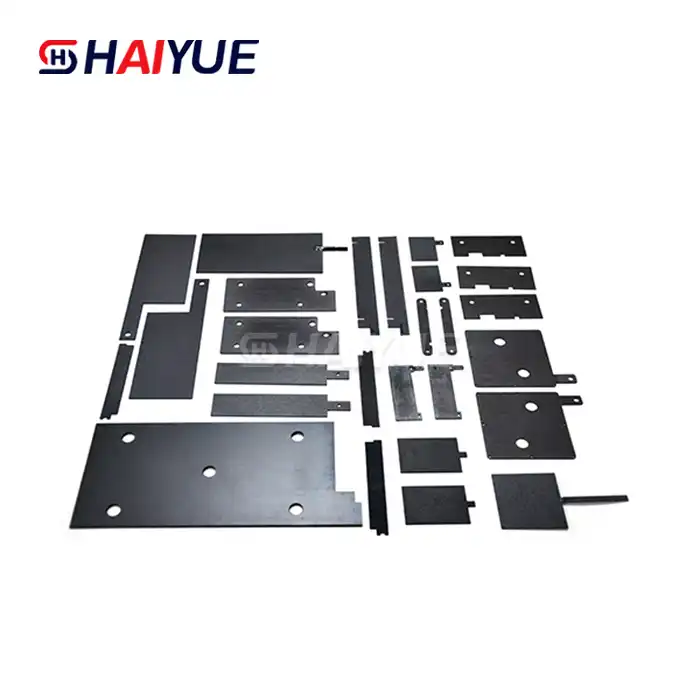
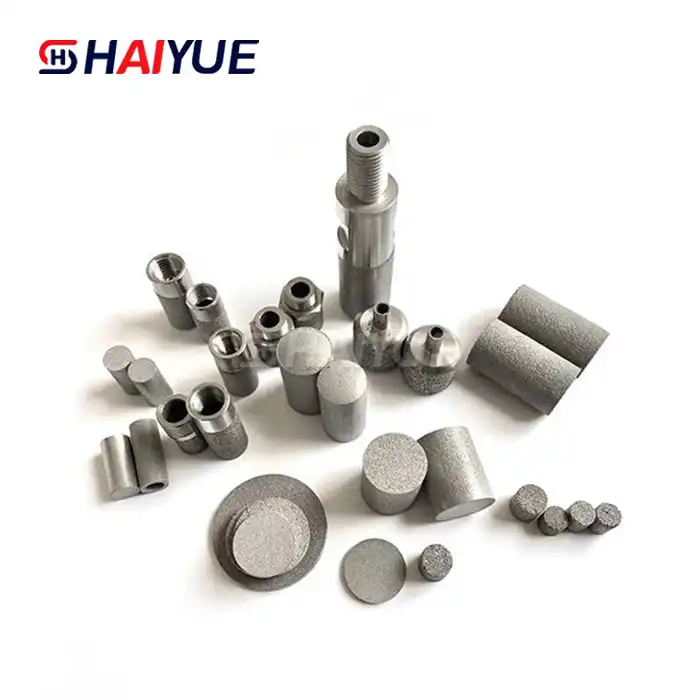
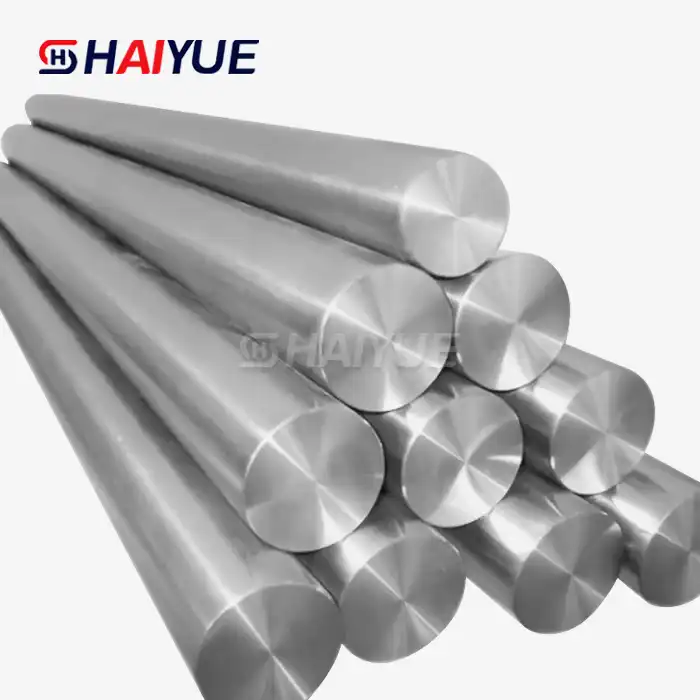
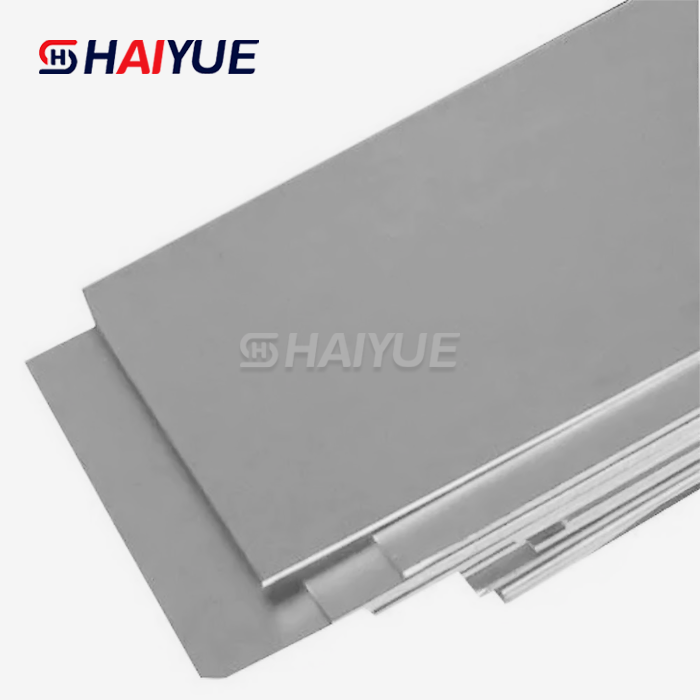
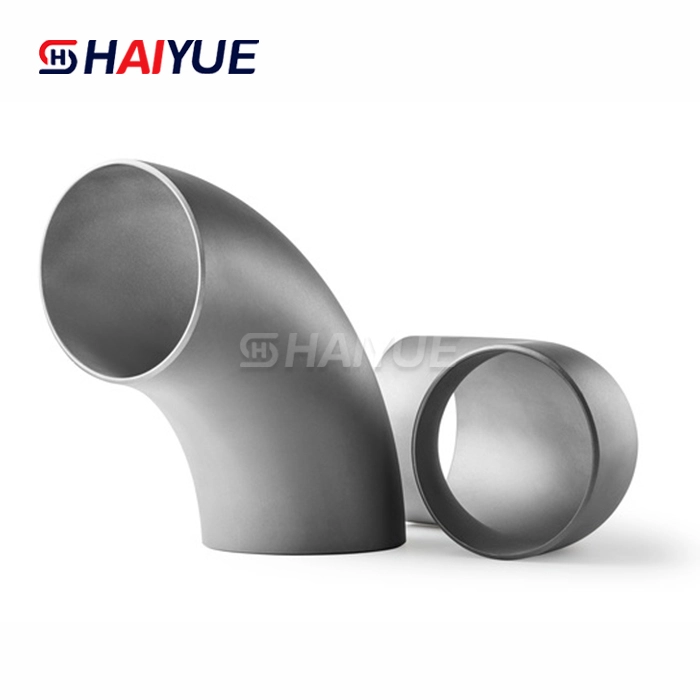
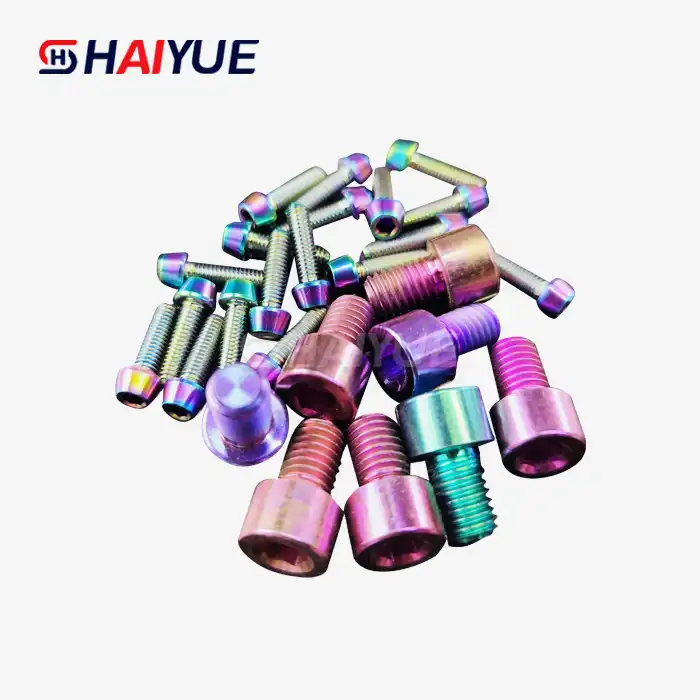
_1743059483810.webp)
_1736909194632.webp)
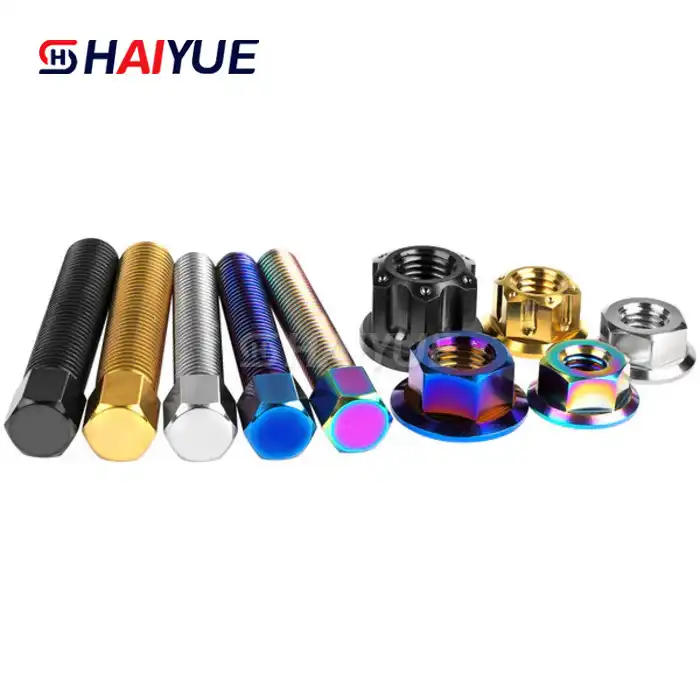
_1738900453512.webp)